Challenges and Opportunities of Humanities in Medical Education and Services
Yogyakarta, March 5, 2025 – The Raboan Research and Perspective Sharing event returned at the beginning of March 2025, featuring a distinguished speaker, Prof. Dr. dr. Taufiq Suryadi, Sp.F (K), Dipl.BE, a Professor of Forensic Medicine and Medicolegal Studies at the Faculty of Medicine, Syah Kuala University. The presentation and discussion were highly interactive, moderated by Mahmasoni Masdar, S.Kep.Ns., M.Kep from CBMH UGM.
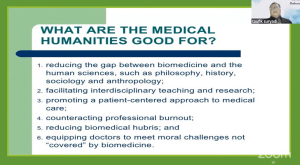
This session of Raboan, themed “The Role of Humanities in Medical Education and Ethical Healthcare Services,” highlighted the importance of a multidisciplinary approach in enhancing more humane and ethical healthcare services, as well as the significance of integrating humanities and culture into medical education. Prof. Taufiq emphasized three key aspects of learning humanities:
“Learning humanities, teaching in a humanistic way, and learning through humanities.”
Humanities are not merely a complementary subject but a fundamental element in shaping empathetic and integrity-driven doctors. As medical professionals, it is essential to view patients not only in terms of their illness but also in consideration of their mental, cultural, spiritual, and social conditions.
During his presentation, Prof. Taufiq provided insights into the most preferred and necessary learning models for medical students in humanities education, as well as the learning styles they favor in acquiring information.
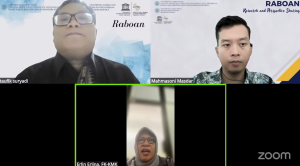
Prof. Taufiq’s presentation aligns with the Sustainable Development Goals (SDGs), particularly SDG 3 (Good Health and Well-being) and SDG 4 (Quality Education). Strengthening humanities education in the medical curriculum is expected to cultivate healthcare professionals who can comprehend the humanitarian, ethical, and legal aspects of medical practice.

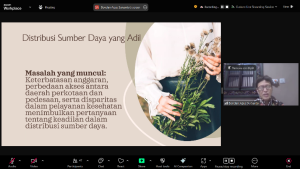
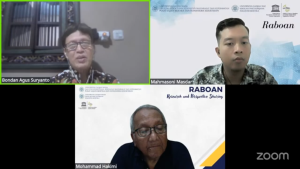
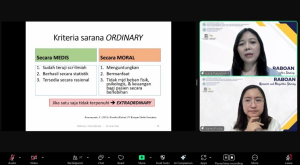
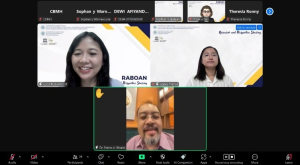
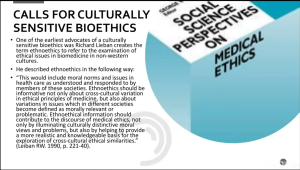

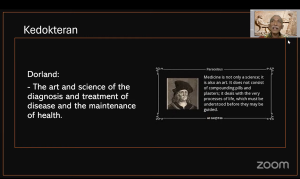
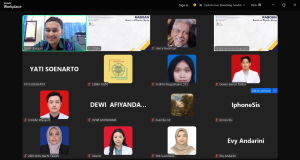
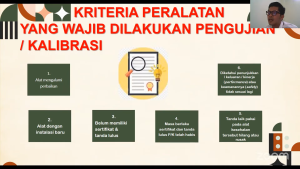

Follow us